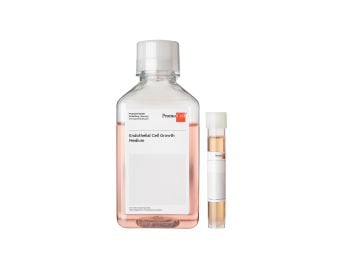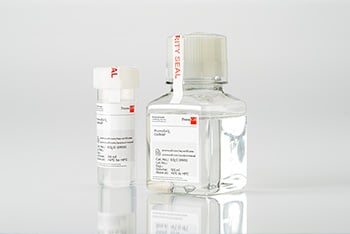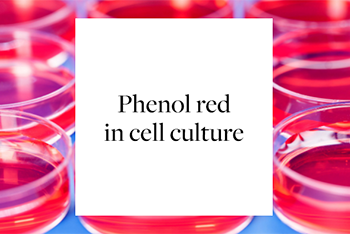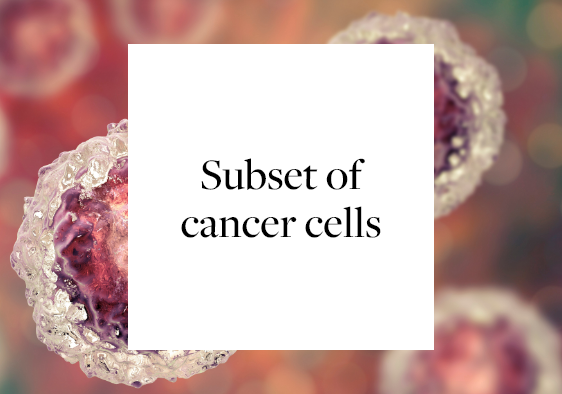The role of angiogenesis in cellular processes and disorders
Learn about angiogenesis, the assays you can use to explore it and some fascinating angiogenesis facts.
The physiological process that allows the growth of new blood vessels is called angiogenesis. In adults, this process should only occur during menstruation but when it goes awry can also be involved in disorders varying from asthma to cancer.
Scientists have made significant progress understanding the complex dynamics needed for angiogenesis to function normally, and there is increasing interest in targeting the process for therapeutic purposes.
Read more about angiogenesis in our white paper, including:
- The physiological process
- Types of angiogenesis
- Stimulating factors
- Anti-angiogenic factors
- Angiogenesis in disease
- Assaying angiogenesis
Download the white paper
Fill in the form to download the PDF.
Related resources
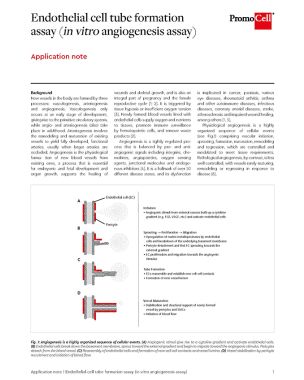
Endothelial cell tube formation assay (in vitro angiogenesis assay)
Different processes lead to formation of new blood vessels in the human body. The in vitro tube formation assay allows researchers to study such mechanisms in cell culture.
Application Note
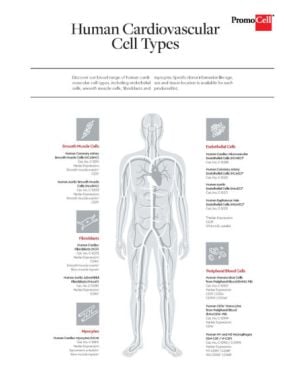
Human cardiovascular cell types
Discover our broad range of human cardiovascular cell types, including endothelial cells, smooth muscle cells, fibroblasts and myocytes. Specific donor information like age, sex and tissue location is available for each produced lot.
Application Note
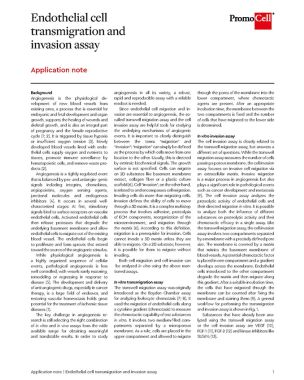
Endothelial cell transmigration and invasion assay
Angiogenesis, the development of blood vessels from existing ones, is an essential process. Common in vitro models are the transwell migration assay and the cell invasion assay.
Application Note
Recommended products
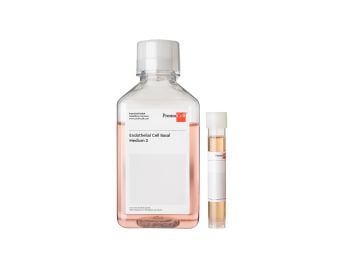
Endothelial Cell Growth Medium 2
Low-serum cell culture medium for endothelial cells from large blood vessels. Formulation free of bovine hypothalamic extract.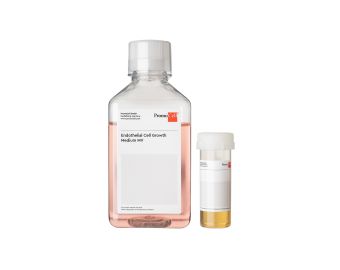
Endothelial Cell Growth Medium MV
Low-serum cell culture medium for endothelial cells from microvascular vessels, the coronary artery, and the aorta.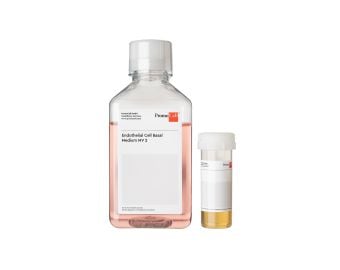
Endothelial Cell Growth Medium MV2
Low-serum cell culture medium for endothelial cells from microvascular vessels, the coronary artery, and the aorta. Formulation free of bovine hypothalamic extract.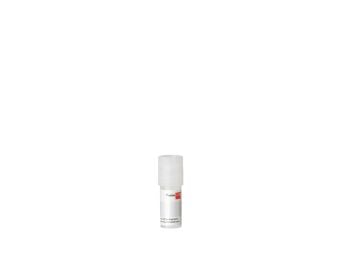
Human Umbilical Vein Endothelial Cells (HUVEC)
Primary Human Umbilical Vein Endothelial Cells isolated from the vein of the umbilical cord of single, pooled or pre-screened donors.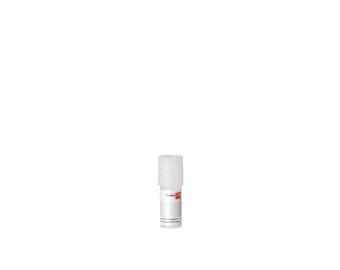
HUVEC pre-screened Pellet
Cell pellet of HUVEC from the vein of the umbilical cord in RNAlater® for subsequent RNA, DNA or protein analysis.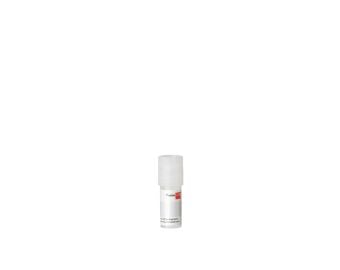
Human Umbilical Vein Endothelial Cells 2 (HUVEC 2)
HUVEC isolated from the umbilical vein of single, pooled or pre-screened donors in Endothelial Cell Growth Medium 2 containing additional VEGF.